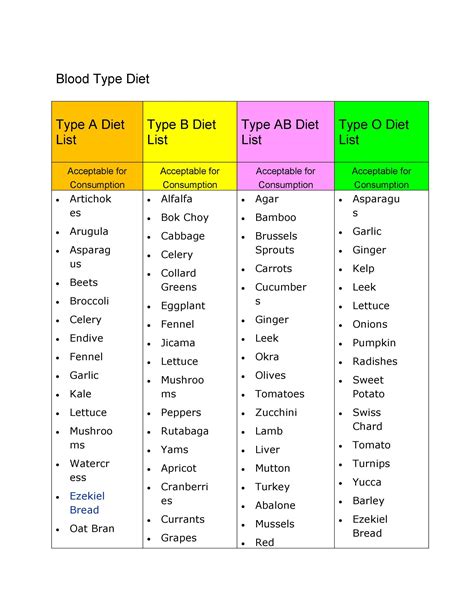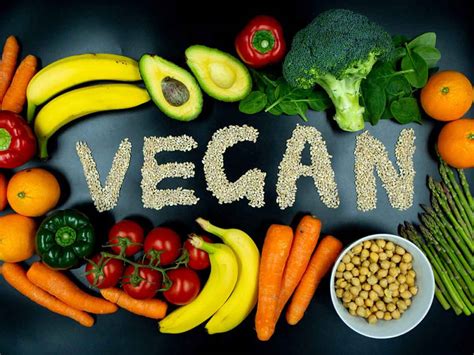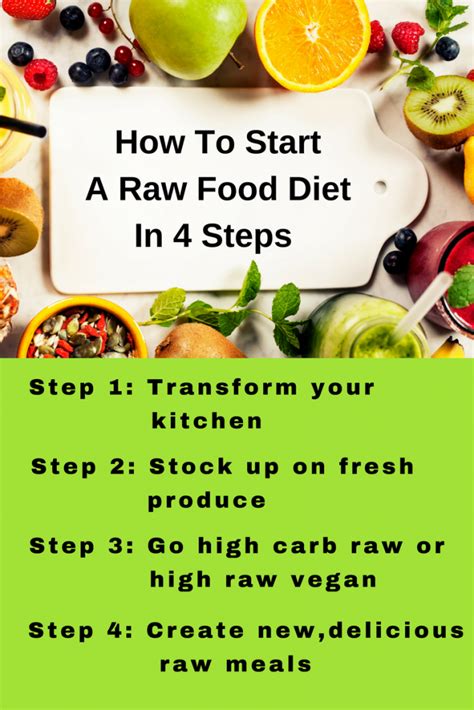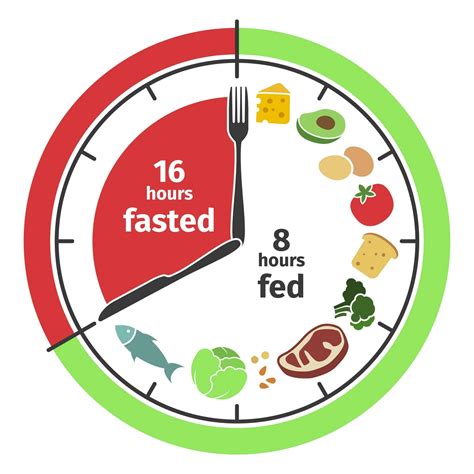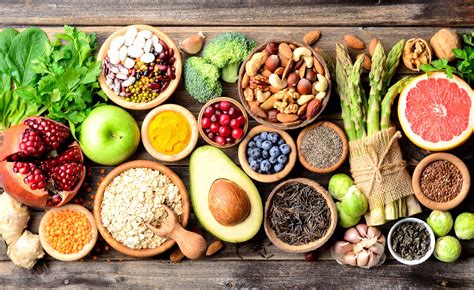Discover the principles, phases, and allowed foods of the Dukan Diet. Learn the benefits of this popular diet plan.
Introduction to Dukan Diet
Contents
The Dukan Diet is a high-protein, low-carbohydrate weight loss diet plan created by French nutritionist Pierre Dukan. It is divided into 4 phases and is designed to help individuals lose weight quickly and maintain their weight loss. The diet is based on the principle of eating high-protein, low-fat, and low-carb foods while also incorporating a daily oat bran consumption into the diet.
The Dukan Diet is known for its strict rules and discipline, making it one of the more challenging diet plans to follow. However, many people have found success with the Dukan Diet and credit it for their weight loss and improved health.
The Dukan Diet gained popularity after Kate Middleton, now the Duchess of Cambridge, was rumored to have used the diet to slim down for her wedding to Prince William. The diet has since gained a following around the world, with many people touting its effectiveness as a weight loss solution.
Principles of Dukan Diet
The principles of the Dukan Diet are based on a high-protein, low-carb approach to weight loss. Essentially, the diet is divided into four phases, each with its own set of rules and guidelines to follow. One of the main principles of the Dukan Diet is to prioritize lean proteins, such as poultry, fish, and low-fat dairy, while restricting carbohydrates and fats. This approach is designed to promote rapid weight loss and discourage the consumption of high-calorie, processed foods.
Another key principle of the Dukan Diet is the concept of true hunger. Followers of the diet are encouraged to only eat when they are truly hungry, rather than out of habit or boredom. Additionally, the Dukan Diet emphasizes the importance of regular physical activity as a means of supporting weight loss and overall health. This principle is aimed at helping individuals maintain a healthy lifestyle and prevent weight regain after reaching their goal weight.
Furthermore, the Dukan Diet places a strong emphasis on the importance of hydration. Followers are encouraged to drink plenty of water throughout the day to support digestion and promote feelings of fullness. This principle is integral to the success of the diet, as adequate hydration can help prevent overeating and support overall well-being.
In addition to these principles, the Dukan Diet also promotes the consumption of oat bran, which is believed to aid in digestion and contribute to a feeling of fullness. Finally, the diet encourages followers to focus on building sustainable, long-term habits that promote a healthy relationship with food and support lasting weight management.
Phases of Dukan Diet
The Dukan Diet is a high-protein, low-carb diet plan designed to help you lose weight. It consists of four phases, each with its own set of rules and food allowances.
In the Attack Phase, you are allowed to eat unlimited lean protein, such as chicken, fish, and tofu. This phase typically lasts for 2-7 days, depending on your weight loss goals.
Next, the Cruise Phase allows you to add non-starchy vegetables to your diet, alternating between pure protein days and protein + vegetable days. This phase can continue until you reach your target weight.
The Consolidation Phase is a more gradual reintroduction of carbohydrates and fats into your diet. This phase is designed to prevent the return of lost weight and should last 5 days for every pound lost.
Finally, the Stabilization Phase is the long-term maintenance phase, where you are encouraged to continue eating a high-protein, low-carb diet but with more flexibility.
Foods allowed in Dukan Diet
The Dukan Diet is a high-protein, low-carb diet plan that consists of four phases: Attack, Cruise, Consolidation, and Stabilization. In each phase, there are specific foods that are allowed to be consumed. In the Attack phase, which typically lasts 2-7 days, dieters are encouraged to consume lean proteins such as chicken, turkey, fish, and eggs. Vegetables are limited to non-starchy options like spinach, kale, and lettuce. Low-fat dairy products and sugar-free drinks are also allowed.
During the Cruise phase, which can last several months depending on weight loss goals, dieters continue to eat lean proteins and non-starchy vegetables, but can also incorporate certain limited amounts of starchy vegetables like carrots and potatoes. Additionally, dieters can add one serving of fruit per day, as well as small amounts of whole grains like oat bran and barley.
As dieters progress to the Consolidation phase, they can reintroduce other foods back into their diet, including more fruits, whole grains, and occasional servings of cheese and starchy vegetables. The final phase, Stabilization, allows for more flexibility in food choices, but encourages dieters to continue following the principles established throughout the previous phases.
Overall, the Dukan Diet focuses on lean proteins, non-starchy vegetables, and limited amounts of other food groups in order to promote weight loss and maintenance. By following the guidelines and food allowances of each phase, individuals can achieve their desired results while still enjoying a variety of nutrient-dense foods.
Benefits of Dukan Diet
The Dukan Diet is a high-protein, low-carb weight loss plan that has gained popularity in recent years. One of the main benefits of the Dukan Diet is its ability to promote quick weight loss. This is due to the diet’s focus on high-protein foods, which can help dieters feel full and satisfied, leading to reduced calorie intake.
Another benefit of the Dukan Diet is its simplicity. The diet is divided into four phases, each with its own specific rules and food guidelines, making it easy for dieters to follow and understand. Additionally, the Dukan Diet doesn’t require calorie counting, which can be a major advantage for those who find traditional diets to be too restrictive or overwhelming.
In addition to weight loss, the Dukan Diet has been praised for its potential health benefits. The diet’s emphasis on lean protein and low-carb vegetables can lead to improved blood sugar control, reduced risk of heart disease, and better overall health. By focusing on whole, unprocessed foods, the Dukan Diet encourages healthier eating habits that can have long-term benefits for dieters.
Furthermore, many dieters report feeling more energized and less irritable while following the Dukan Diet, which can be attributed to the stable blood sugar levels that come from eating protein-rich foods. This can not only lead to better moods and productivity, but also make it easier to stick to the diet long-term.


